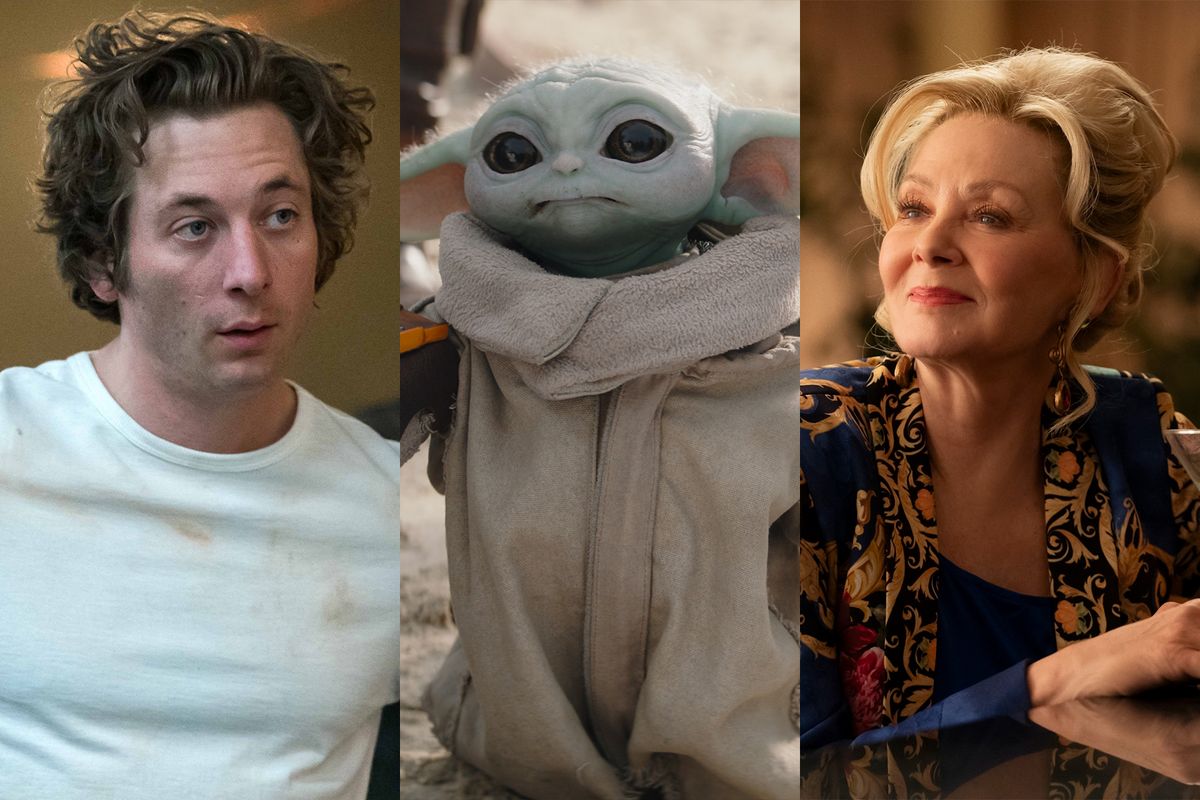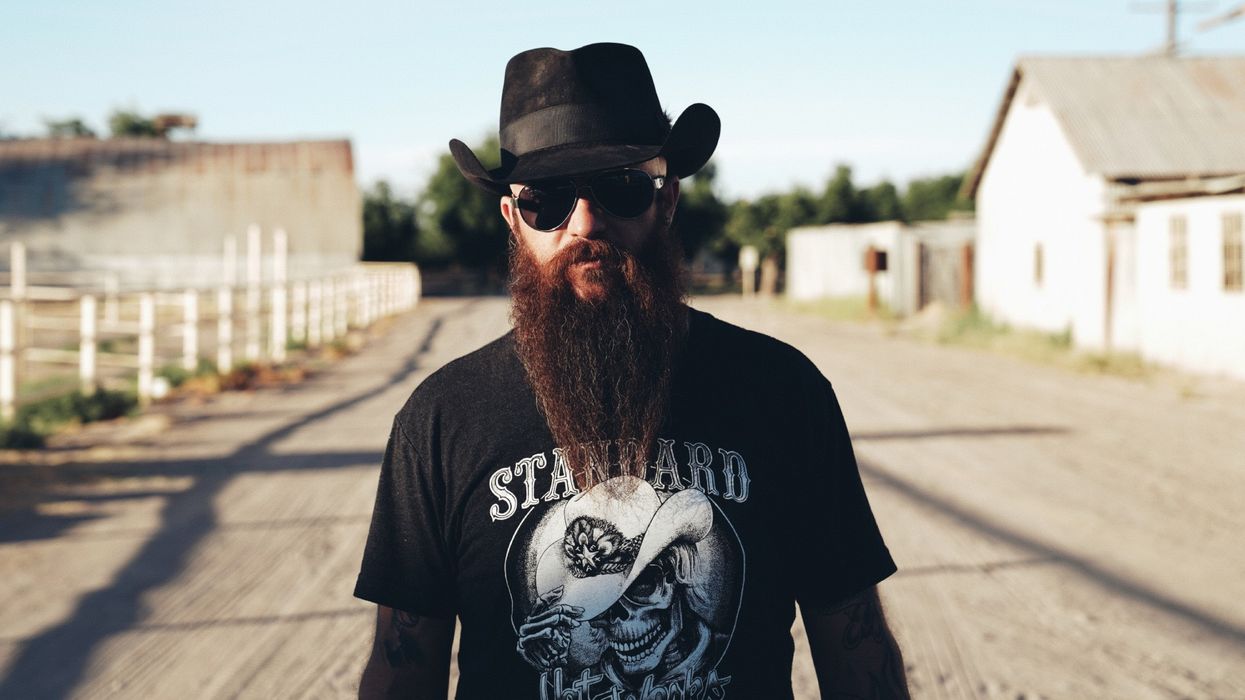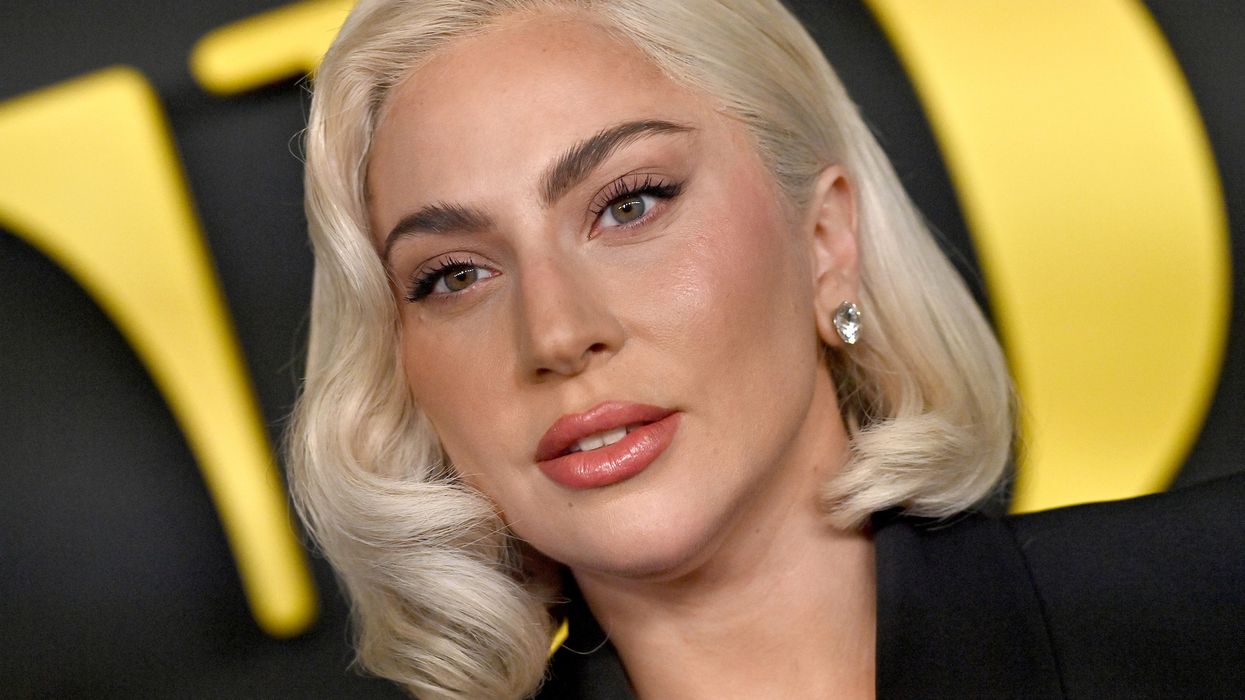On 30 Rock, Liz Lemon’s terrible sometime-boyfriend Dennis Duffy, a.k.a. “The Beeper King,” insisted the pager business would boom again because “technology’s cyclical.” Every idea Dennis espoused was meant to be as nonsensical and willfully ignorant as that one, like when he told Jack Donaghy that, politically, he was a “social conservative, fiscal liberal.”
The world has somehow gone to hell enough that Dennis Duffy today seems like a prophet rather than a fool. “Social conservative, fiscal liberal” is basically the Republican Party platform in 2024, while the TV business is proving the cyclical nature of technology by reinventing the cable bundle that everyone cut the cord to escape.
Technically, what we have now are streaming bundles, where you subscribe to multiple services for an allegedly cheaper rate than what you would pay if you got them individually. At first, there were bundles from streamers that all existed under the same corporate umbrella, like paying one price to get all three of Disney+, Hulu, and ESPN+. Now, though, rival corporations are joining forces like some bizarre streaming version of The Expendables.
Disney and Warner Bros. Discovery have teamed up for an upcoming combined offering of Disney+, Hulu, and Max. Those companies have also partnered with Fox for a separate package, called Venu and tentatively coming this fall, to offer a wide array of national sports(*), when live sporting events are the main thing preventing more viewers from dropping cable. And those are just the bundles that have been announced as I write this column. By the time you’re reading it, there may be an upcoming one combining, say, Mubi, Crunchyroll, and MHz Choice (three real streamers whose names I did not invent).
(*) TNT’s coverage of pro basketball was supposed to be a key part of Venu, but if WBD winds up on the outside looking in with the NBA’s new media rights deal, the package now seems like less of a value proposition.
How did we get here, when only a few years ago it felt like we’d forever be free of paying for channels we don’t care about in order to get the ones we do?
The glory days of the streaming era in the mid- to late-2010s were, like Netflix’s original programming division, built on a house of cards. Netflix scooped up the streaming rights to hit shows like The Office and Friends before it ever occurred to traditional Hollywood studios that there was real money to be made in streaming. So viewers got accustomed to the idea that they could pay one modest monthly fee to have access to all the series they wanted to watch — every episode available within a few clicks, without commercial breaks, onscreen ads during shows, or any of the other nuisances of traditional linear TV.
But Netflix was primarily a tech company, and thus a TV business model that had been reliable for decades became another victim of Silicon Valley’s ethos about moving fast and breaking things. As consumers became acclimated to the Netflix way of watching, the Hollywood old guard decided it had to build its own Netflixes, reclaiming the rights to various shows they had licensed to their now-enormous rival. So where once you needed just the Netflix subscription to see almost everything you cared about, suddenly you needed at least a half-dozen, each of them featuring only a few of your favorites.
None of this was sustainable. There were too many streamers and too many shows for anyone to keep up. TV companies used to have multiple revenue streams, from both commercials and cable carriage fees, and were shocked to discover that subscription fees alone from consumers weren’t nearly enough. Once Wall Street started to care more about profitability than subscriber growth, everyone started introducing ad-supported tiers, asking customers to pay extra to continue getting shows and movies without commercial interruption.
Even the endless menu of on-demand options has proven less appealing in a world where there are hundreds of new shows each year. To fight decision fatigue, Disney+ is becoming the latest streamer to offer the option to choose from a curated collection of shows and movies that are running live as you open the app. I believe they’re called… channels? Time is a flat circle.
Well, not entirely. All the existing and immediately upcoming streaming bundles provide only a handful of services, rather than the dozens or even hundreds of channels that come with a cable package; we’re not at the point where your money is subsidizing Real Housewives when all you want is sports, or vice versa. At some point, several of the existing services won’t so much bundle as merge; someone will buy Paramount in the not-too-distant future, and if they already have their own service, they’ll likely just absorb Star Trek and the other Paramount+ content into that. And don’t be surprised if the savings promised by these new bundles ultimately prove negligible — or, for that matter, if everyone winds up paying even more than they used to, all to get less overall programming than we got with cable.
If you’ll excuse me, I apparently need to go buy a beeper.
















